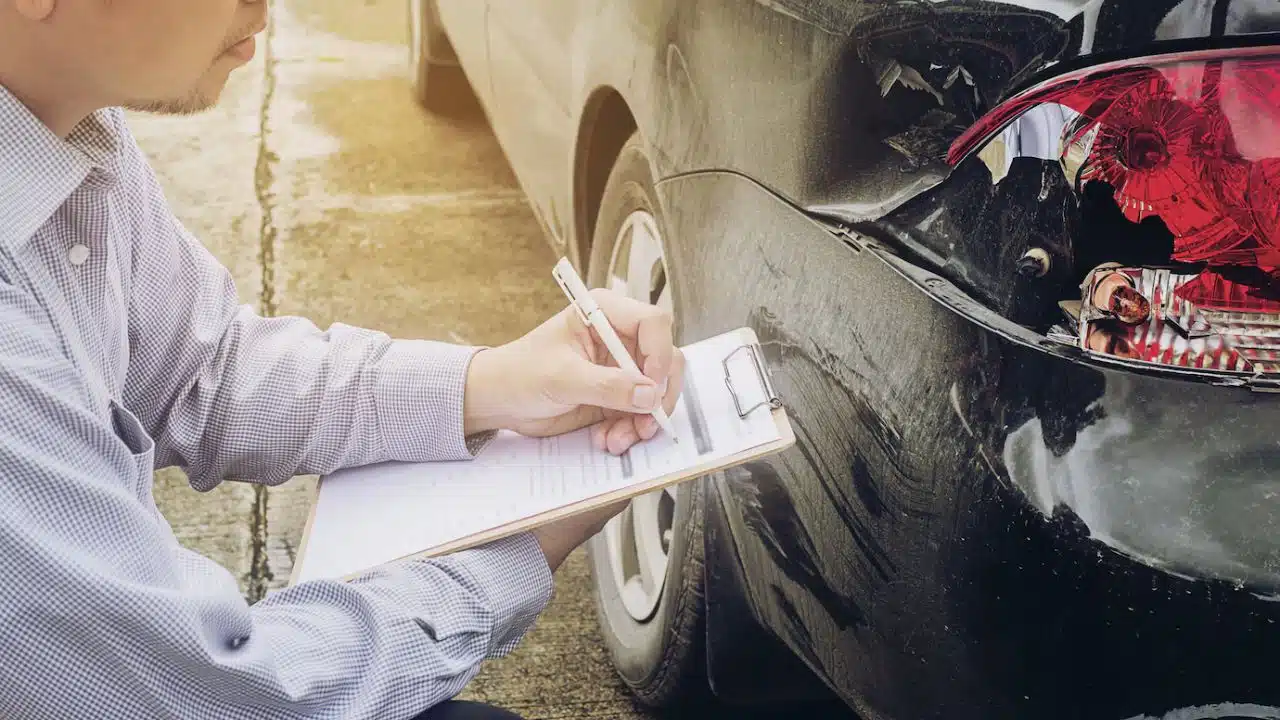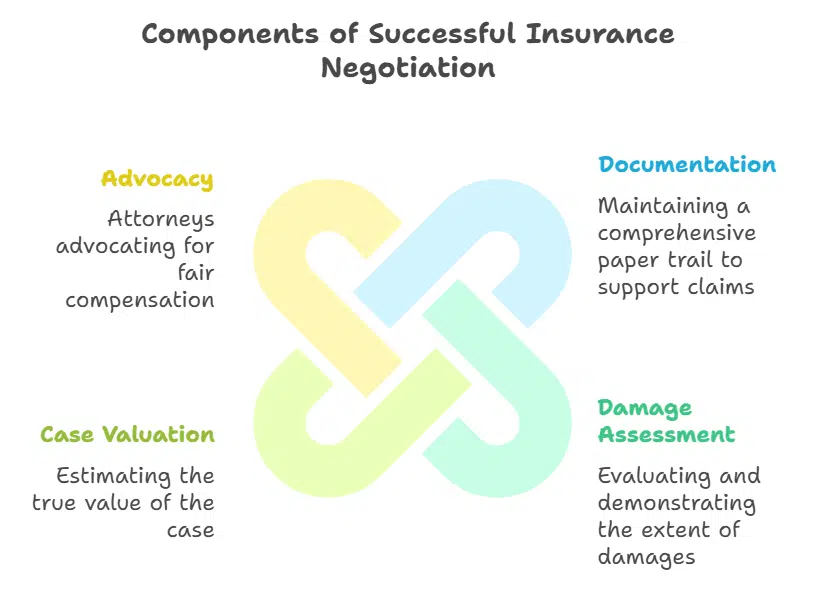Car accidents are unpredictable, often leaving victims with physical injuries, emotional distress, and financial burdens. Recovering from such an ordeal requires not only medical care but also a clear understanding of the legal steps to reclaim losses. Knowing your rights and the proper process for seeking compensation can make a significant difference in securing the support you need. Whether dealing with medical bills, lost wages, or property damage, navigating the complexities of insurance claims and legal proceedings is crucial.
For those seeking to recover losses after an Atlanta car crash, working with experienced legal professionals can help ease the process and ensure fair compensation. Understanding Georgia’s personal injury laws and filing claims can prevent unnecessary delays and denials.
Immediate Actions Post-Crash
Your post-accident actions have a significant impact on your recovery from a crash. Seeking medical care ensures that any injuries are treated and that you have a record of your condition. Photos of the scene and a list of witness information establish a good foundation for a case if one needs to be filed. Creating an official record of what happened enhances the value of the initial report to local authorities.
How To Get The Most Out Of Insurance Policies
Insurance coverage is key to recovering losses after a road accident. An examination of surrounding policies indicates the coverage offered. Being aware of terms and conditions like deductibles and caps can help set expectations. The earlier the insurance agent is informed, the quicker the claims process will begin, ensuring that all necessary steps are taken for a potential payout.
Engaging Legal Representation
Though some may feel comfortable managing without assistance, having a qualified, lawful representation can be valuable. Personal injury attorneys have experience assessing claims, negotiating with insurance companies, and preparing for trial if necessary. This knowledge can be crucial in deciding the outcome and whether the victim receives just compensation for their losses.
Assessing Damages
A key part of recovery is figuring out how much damage has been done. Damages include, but are not limited to, medical bills, property damage, lost wages, and (non-economic) pain and suffering. Documenting the evidence makes it more accurate as claims can be supported more easily, subsequently aiding negotiations with an insurance adjuster or with opposing counsel.
The Claims Process
The claims process starts with you providing your insurers or the party at fault with all necessary paperwork. Comprehensive documentation, medical bills, repair estimates, and proof of lost income can back up your claims and make for more efficient negotiations. Patience comes into play here, though, as claims may be pored over from stem to stern, and the schedule for these determinations will depend on how complicated the facts are and how cooperative the players are.
Negotiating Settlements
Insurance companies want to pay as little as possible, so having solid negotiation skills is crucial. The more you can show the paper trail and demonstrate the damage and value of your case, the more likely it will end with a positive result. Reasonable attorneys are some of the strongest advocates in this field, working hard to get you the money you deserve.
Litigation: A Last Resort
Although most cases are settled via negotiations, litigation is possible if settlements are not up to par. Litigation means going to court, and courts decide if a claim has merit. This process can be time-consuming and arduous, and it requires proper planning and strict adherence to legal requirements. It makes engaging legal counsel , who can guide individuals through this complex stage, imperative.
The Role of Mediation
Mediation is a method that resolves disputes by facilitating discussion between the parties instead. In these discussions, a neutral third party organizes mediation discussions to help the parties agree on terms that are acceptable to both sides. This method is frequently both less confrontational and less expensive than litigation. Of course, there is mediation, which can help settle claims in a shorter duration but also help parties maintain their relationship and work through the emotional toll that legal action can take.
Conclusion
The process of recovering losses following a crash is, naturally, quite involved. From instant responses to possible lawsuits, every single one of these moves demands deliberation and precision. The complexity of insurance policies, subsequent damages, and negotiated settlements lays the groundwork; however, a skilled attorney can frequently smooth the path to resolution. However, with patience, the process, and getting the right help, an individual can win, get the compensation they deserve, and be set on a path to healing and stability.







































